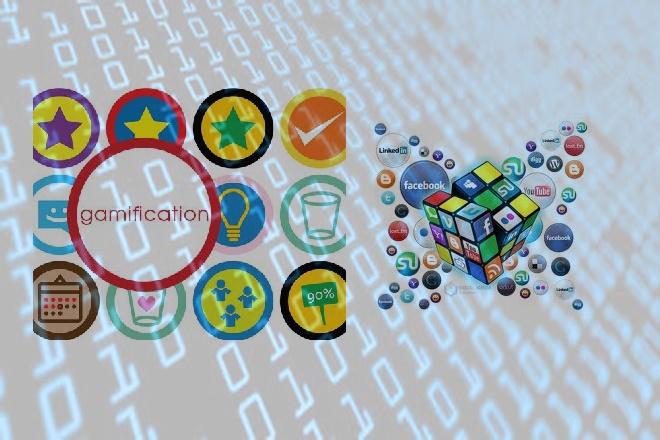Incorporating blogs, video games, and social media into education increases not only access to information but also people’s ability to share the information received with the help of networks. Additionally, people can contribute their own thoughts in the form of blog posts. But is the implementation of technology and social media into education leading to a generation of students lacking in social skills that are required to survive in the workplace?
Schools need to find ways to use such technologies to improve teaching and learning. For example, teachers could use the data collected by video games and social media sites to know their students better and modify instruction to meet individual needs. They can review to see what type of support should be provided to specific students. A paper by Brookings Institution addressed how social media, blogs, and video games are improving education.
Due to their driving quality, there has been a rising interest in the potential of games to help teach educational content and skills. Kevin Werbach, associate professor of legal studies and business ethics at the Wharton School of the University of Pennsylvania in Philadelphia exemplifies how gamification – the use of game-thinking and game mechanics in a non-game context in order to engage users and solve problems – can be used in classrooms. “Educators can create a narrative which sends students on a ‘quest’ to collect tokens when a goal is achieved, build classes around popular board games like Monopoly, or set up a system in which students earn badges or points.”, he said. Gamification promotes enthusiasm helping students to learn better.
Assessment in game-based learning can fetch astounding results since games enhance problem-solving skills and complex thinking abilities in an individual. Formative assessment is an important educational activity because it gives learners feedback while their learning is still taking place. The idea is that the data collected by video games and social media sites can be provided, sometimes in real time, to teachers who can then use it to better understand their students and tailor instruction to meet individual needs.
Janet Kolodner of the National Science Foundation mentioned that NSF just launched a project on “big data”—a term that encompasses the gathering of extremely large amounts of data to which analytics are applied to reach new insights—and said that big data will play a much bigger role in education in the future.
He added that Big data and Learning analytics (as mentioned in NMC Horizon Report 2013) is being used so that if kids learn in the context of games or kids learn online, the system should be able to analyze that student’s work and their understanding and be able to give the right kind of feedback at the right time to help them deepen their understanding.
The question that arises is: Would the advancement in technology that is finding its way in education mean an end to schools in due course? Let us know what you think.
